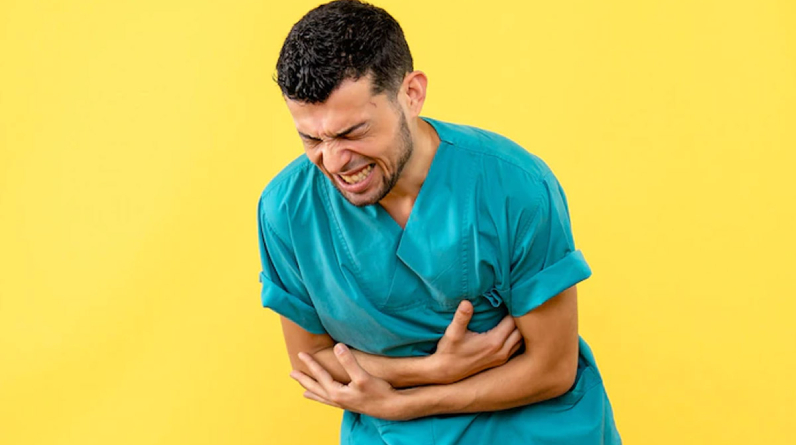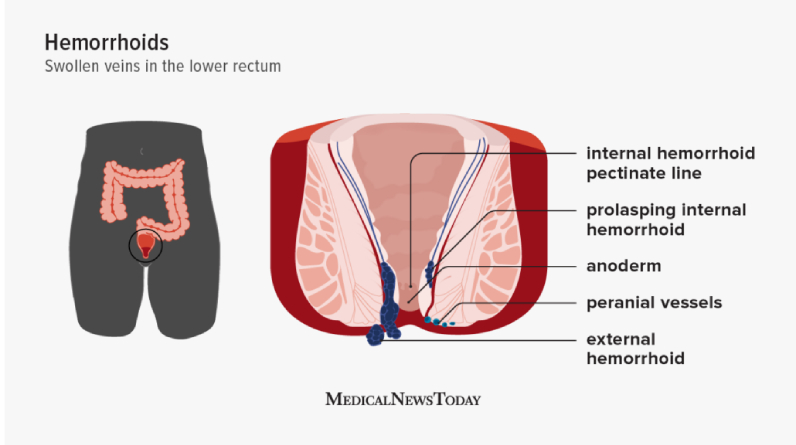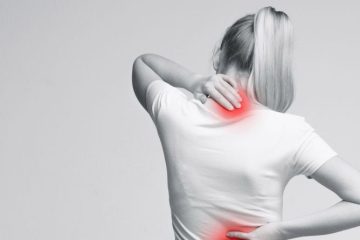Are piles symptoms making you sick this winter Suggestions from a health professional on how to treat it

Did you know that piles can become even more of a problem in the winter? You read that correctly; yes. In the colder months, we tend to eat more hearty meals. thus, one ends up eating food loaded with fat and salt and this in turn can lead to constipation and piles. Consider the doctor’s advice in this article.
Hemorrhoids, also known as “piles,” occur when blood vessels in the rectum or around the anus become enlarged. While there are many causes of this distressing condition, you may be surprised to learn that the colder months of the year can actually increase your risk of developing piles. Did you know that piles can become even more of a problem in the winter?
You read that correctly; yes. In the colder months, we tend to eat more hearty meals. Constipation and piles can result from eating foods high in fat and salt; therefore, it is important to maintain a healthy diet and adhere to the recommendations of your doctor. “The causes of piles are prolonged constipation, a harmful diet, and a lack of physical activity,” Dr. Rajan Modi, Laparoscopy and Laser Surgeon at House of Doctors, told HT Lifestyle. It affects people of all ages frequently. Also, piles can be caused by increased intra-abdominal pressure and persistently high blood pressure in the portal circulation. When clutter is ignored for too long, cracks and fissures can form. It’s important to be aware that seasonal variations in the diet are common. Therefore, extra care must be taken this winter.
He deciphered the puzzle of winter and the piles problem and proposed:

Since it’s colder outside in the winter, fewer people eat as much fibre, green vegetables, fruit, and water as they do in warmer months. You can wreck havoc on your digestive system by eating junk, processed, oily, or canned food. When such foods are consumed, digestion is not as easy or efficient as it should be. Constipation is more likely to occur when the diet is low in water. Constipation, especially if it is chronic, can lead to piles.
Also Read :Damaged heart tissue may be repaired using a novel biomaterial
When compared to the warmer months, people tend to eat more salty and fatty foods in the winter, which can aggravate piles. The typical choices are pile-inducing dry goods like nuts, coffee, and fruit. Not only that, but people are less likely to exercise when the weather is chilly. Therefore, piles can also be caused by a lack of exercise. One more surprising cause of piles in the winter is that people, because of the cold, often delay going to the restroom to relieve themselves of their bowel contents, which increases the strain on their veins and makes the problem even worse.
What you eat is especially important this winter. Fiber in the diet makes faeces softer, so you can pass them without straining or pain. Eat a variety of vegetables such as broccoli, cauliflower, kale, cabbage, zucchini, pumpkin, bell peppers, cucumber, melon, pear, apples, and bananas. Water and fruit juice are also good options for rehydration. It’s also a good idea to stay away from foods that are too spicy and end up irritating the digestive tract. Drinking alcohol can cause your stools to dry out, which can make the pain much worse. Don’t drink any alcoholic beverages.
Leave a reply
You must be logged in to post a comment.










